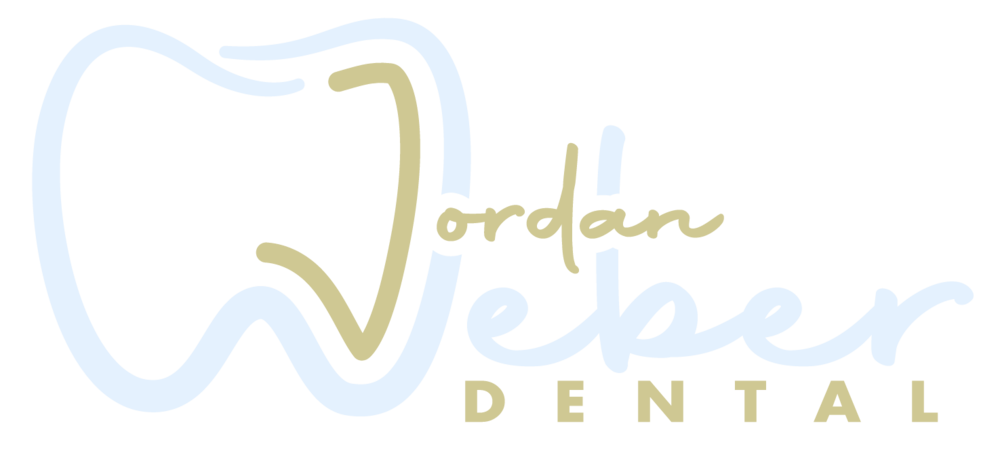Erosion

Erosion is the progressive chemical wear of the teeth caused by excessive dietary or stomach acids. It is an important and potentially destructive cause of tooth wear, ranging from the thinning of the inside surfaces of the upper front teeth to total loss of the biting surfaces of the back teeth.
Frequently Asked Questions
1. What are the sources of the acids that cause Erosion?
- Stomach acid is the most destructive cause of erosion on teeth. It is associated with gastrioespophageal reflux disease, [GERD] and chronic vomiting due to causes such as chemotherapy or bulimia nervosa.
- A less severe form of erosion is caused by acids associated with diet, particularly citric acid, sport drinks, and other acidic drinks and fruits.
- An occupational risk associated with long term exposure to acidic fumes through galvanizing and battery production, professional wine tasting, and a recreational risk associated with competitive swimming have all been identified as possible causes of erosion.
2. What can be done to evaluate the Erosion of my teeth?
Your dentist may suggest the following:
- A thorough review of your medications and medical and dental history
- A discussion of possible destructive acids in your diet
- Measurement of the severity and location of the areas of erosion
- Measurement of the amount of saliva in your mouth to determine the possibility of dry mouth
- A review of home care including brushing technique and using an appropriate toothpaste
- An evaluation of possible occupational risks
3. What can be done to manage the Erosion of my teeth?
Your customized management protocol may include:
- Treatment of the eroded teeth and regular dental checkups
- Medical referral where indicated
- Reduction of acid exposure by reducing the frequency and contact of acids
- Protective mouth-guards or a spacer device to deliver inhaled drugs
- A soft toothbrush and low-abrasion toothpaste
- The use of chewing gum to reduce acid reflux
4. What will happen if I choose to do nothing about the Erosion of my teeth?
Continual erosion will affect the appearance of the teeth and may lead to sensitivity and possibly tooth loss.
Frequently Asked Questions
1. What are the sources of the acids that cause Erosion?
- Stomach acid is the most destructive cause of erosion on teeth. It is associated with gastrioespophageal reflux disease, [GERD] and chronic vomiting due to causes such as chemotherapy or bulimia nervosa.
- A less severe form of erosion is caused by acids associated with diet, particularly citric acid, sport drinks, and other acidic drinks and fruits.
- An occupational risk associated with long term exposure to acidic fumes through galvanizing and battery production, professional wine tasting, and a recreational risk associated with competitive swimming have all been identified as possible causes of erosion.
2. What can be done to evaluate the Erosion of my teeth?
Your dentist may suggest the following:
- A thorough review of your medications and medical and dental history
- A discussion of possible destructive acids in your diet
- Measurement of the severity and location of the areas of erosion
- Measurement of the amount of saliva in your mouth to determine the possibility of dry mouth
- A review of home care including brushing technique and using an appropriate toothpaste
- An evaluation of possible occupational risks
3. What can be done to manage the Erosion of my teeth?
Your customized management protocol may include:
- Treatment of the eroded teeth and regular dental checkups
- Medical referral where indicated
- Reduction of acid exposure by reducing the frequency and contact of acids
- Protective mouth-guards or a spacer device to deliver inhaled drugs
- A soft toothbrush and low-abrasion toothpaste
- The use of chewing gum to reduce acid reflux
4. What will happen if I choose to do nothing about the Erosion of my teeth?
Continual erosion will affect the appearance of the teeth and may lead to sensitivity and possibly tooth loss.
All Rights Reserved | Site by Fix8







